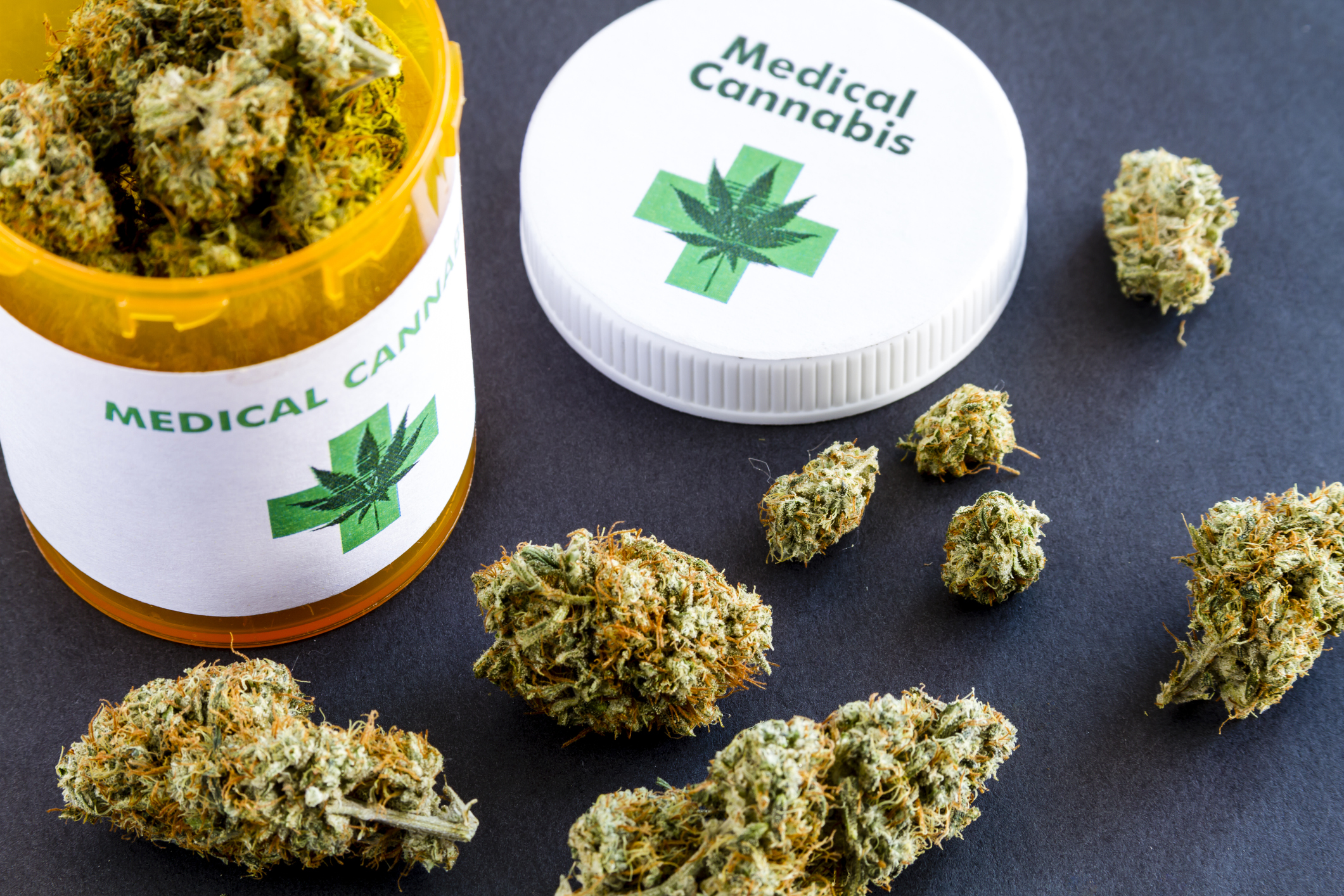MALAYSIA should play a serious role and take progressive actions to allow the use of cannabis and hemp – especially cannabidiol (CBD) – for medical purposes, said Senator Datuk Ras Adiba Radzi.
Ras Adiba, who represents persons with disabilities in Dewan Negara, said that the usage of the substances is to increase access to quality health services for their wellbeing.
“It is in line with Strategic Thrust 4 of the Action Plan for Persons with Disabilities (PwD) 2016–2022, which is to increase access to quality health services for their well-being,” she said in a statement today.
Ras Adiba said this was also in line with Malaysia’s commitment to Article 25 of the Convention on the Rights of Persons with Disabilities which emphasised that the PwD have the right to enjoy the highest standard of health without discrimination on the basis of disability.
“Through the effort, it would open a new wing in the medical sector that could help reduce the effects of diseases such as chronic anxiety and so on which have been proven through several scientific studies,” she said.
According to Ras Adiba, the Government and non-governmental organisations (NGOs) must intensify activities, campaigns as well as education for the public as knowledge related to cannabis use is still at a low level.
In this regard, she proposed nine areas to the Government for immediate action to enable cannabis and hemp to be used in the medical sector in Malaysia.
The proposed matter is to create a Cannabis and Hemp Roadmap by the Health Ministry (MOH) and the Parliamentary Medical Cannabis Caucus comprising stakeholders such as activists, non-governmental organisations, cannabis experts and representatives of vulnerable groups, especially PwD and the elderly.
It is also proposed that the results of the study on the impact of cannabis cultivation be tabled in Parliament by the Ministry of Agriculture and Food Industries and expedite the amendment of the Dangerous Drugs Act 1952 to differentiate between CBD and tetrahydocannabinol (THC).
In addition, has been proposed for the Science, Technology and Innovation Ministry (MOSTI) to develop new technologies through Gamma radiation and produce new variations of Cannabis Sativa that have low THC psychoactive substance content.
This will make hemp cultivation in Malaysia one of the main commodities that has similar characteristics to kenaf in terms of cultivation methods and hemp fibre processing technology.
Other things proposed are to provide research grants to institutes and universities to conduct research activities and clinical studies; the Higher Education Ministry and MOSTI should work together to create a consortium research group that focuses on “Medical Cannabis” research.
In addition, it is also proposed that Health Minister Khairy Jamaluddin allows more industries to carry out hemp cultivation activities for research purposes under Section 6B (2) of the Dangerous Drugs Act 1952.
“Most western countries, especially the United States, are now more advanced in the hemp and cannabis industry,” Ras Adiba acknowledged.
“Many scientific studies conducted in the country have proven to be effective in various sectors such as health, medicine, pharmaceuticals, beauty products and so on.
“Therefore, I am confident that by allowing the use of CBD and cannabis cultivation in Malaysia, it will help, among others, the PwD community and chronic patients of cancer, dementia, Parkinson’s, seizures, mental problems and emotional stress,” she said.
Ras Adiba further noted that Malaysia as a country with world-class health tourism should also give emphasis on the use of “Medical Cannabis”.
“When else if not now,” she said. – May 6, 2022










